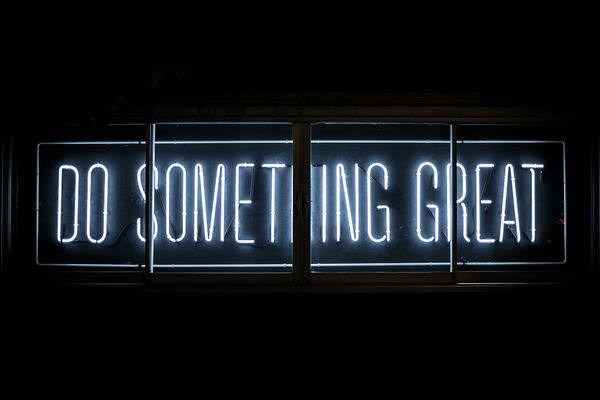Netflix's hit special Bird Box follows the steps of must-watch originals from the popular streaming service. Reviews, memes, and non-stop discussion and critiques surround the blockbuster's apocalypse survival style.
For those not in the know (warning, spoilers ahead!), Bird Box follows Mallorie, a woman with a jaded past and attitude to match. The world she lives in is turned on its head when people commit suicide. A mysterious entity influences people who see it -- commit suicide.
She finds herself with a group of strangers struggling to survive, including a hot-tempered and insensitive older man, an elderly woman with secret badass instincts, and a gentle, "husband material" type. Besides the threat of the invisible source, the group must also watch out for "followers" of the entity that force non-followers' eyes open so they see the creature and kill themselves. Bird Box, a hold-your-breath suspense story, follows in the steps of almost every apocalypse movie filmed, written, and narrated.
Why shouldn't it be? As Blake Snyder states in his screenwriting guide Save the Cat!, "Give us the same thing...only different." Birdbox follows the same roadmap allocated by hits like The Walking Dead, 28 Days Later, and Day of the Dead. Protagonist previously isolated from society? Check.
Unknown cause, be it a virus or a creature, attacking humanity and forcing individuals to become nonsensical and violent? Check.
A group of strangers trying to survive while in conflict with one another, with some individuals' compassion ranging the size of a teaspoon? Check, Check, and Check.
Bird Box is the identical story and similar personalities, but just an influential entity instead of hordes of zombies. The same thing...only different.
Apocalypse-based narratives aren't just thriller movies but can reveal multiple truths of our society. In essence, it reveals what happens when the selfish and selfless clash. These narratives indicate what happens when it is "one person for themselves." Groups are against each other and then the group itself may turn on one another. As a society, most tend to strive to be helpful, compassionate, and agreeable human beings.
However, behind the altruism and reciprocity, there is the philosophical question of "How truly selfless are we?" Is what we do for our benefit, whether that pay-off is money, another service, or just feeling pleased with ourselves for helping others? The best aspect of apocalypse-movies is the psychological examination of how far can we go, and would we go, when we're rid of the commodities of comfortable living (I'm sure Siri isn't useful in the apocalypse) and brought back to our barest, most nude version of human nature. It's Lord of the Flies on steroids. According to these mediums, we are capable of violence, inflicting pain, and causing distrust. However, we are also capable of kindness, awareness, and love. Whoever we are during an apocalypse is our self without social teachings on morality and ethics.
I personally hope I never have to find out who that person is...
- George Romero's zombies will make Americans reflect on racial ... ›
- Why Do We Love Apocalyptic Movies? The Two Basic Rules That ... ›
- How the zombie represents America's deepest fears - Vox ›
- Hollywood falls in love with apocalypse movies | Film | The Guardian ›
- Charting trends in apocalyptic and post-apocalyptic fiction - Writing ... ›
- Recovered Zombies Reflect on the Lives They've Lost in Poignant ... ›
- 20 Best Last Man on Earth Movies | Den of Geek ›
- Apocalyptic and post-apocalyptic fiction - Wikipedia ›
- How Science Fiction Reflects Our Cultural Fears ›
- Science Fiction Reflects Our Anxieties - NYTimes.com ›



















